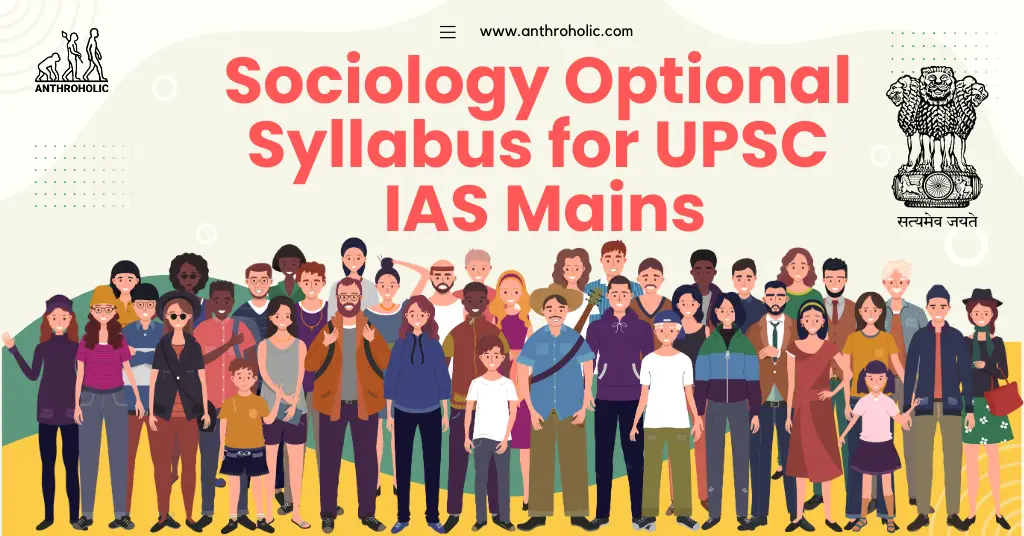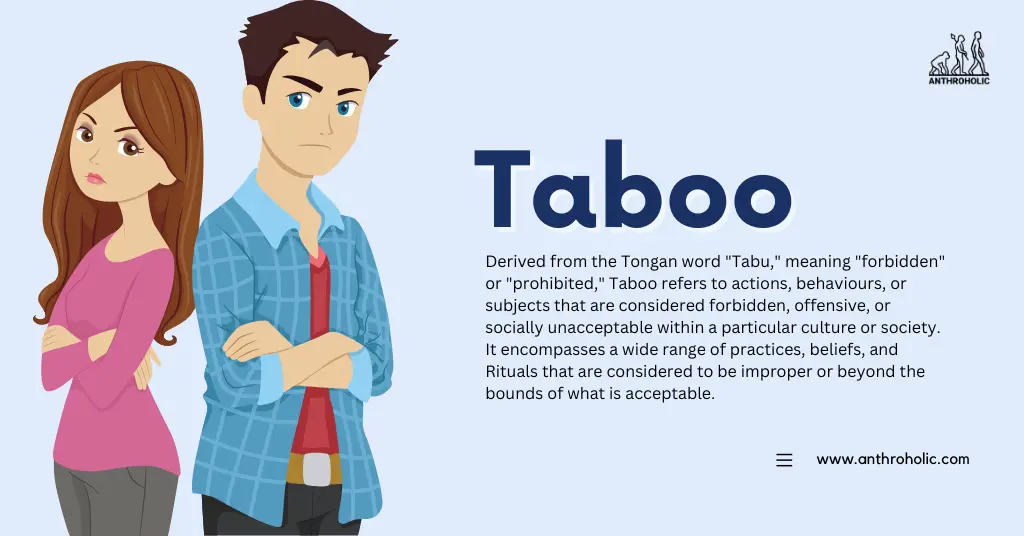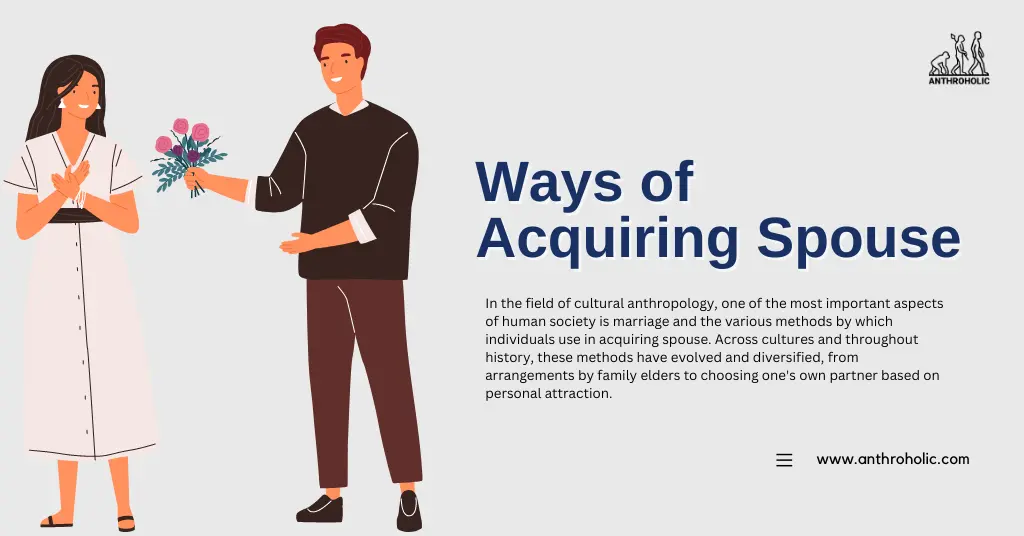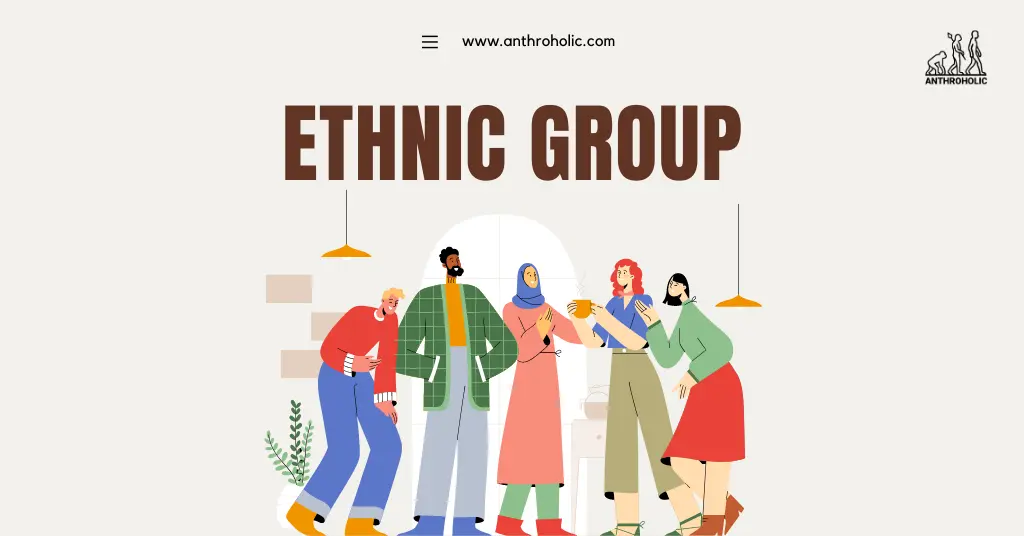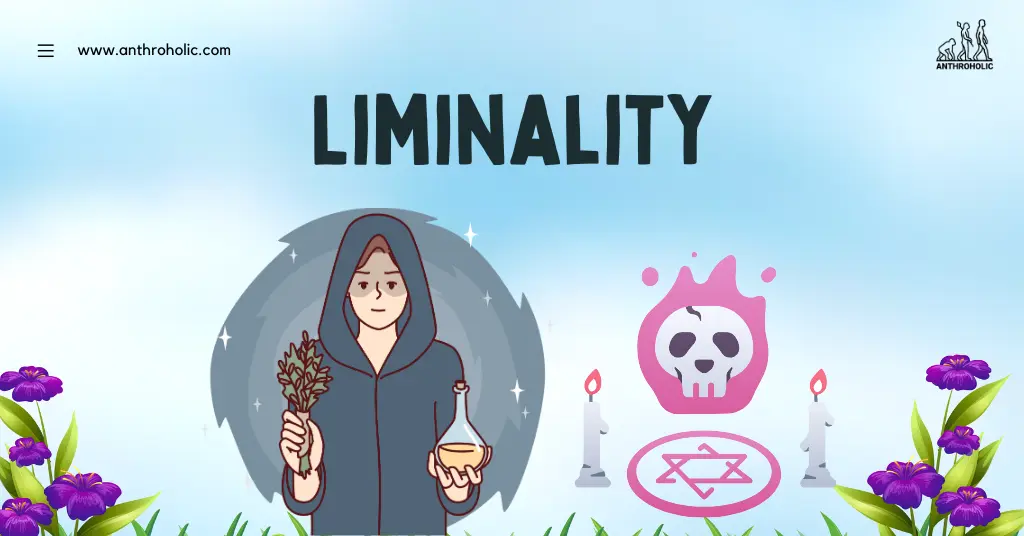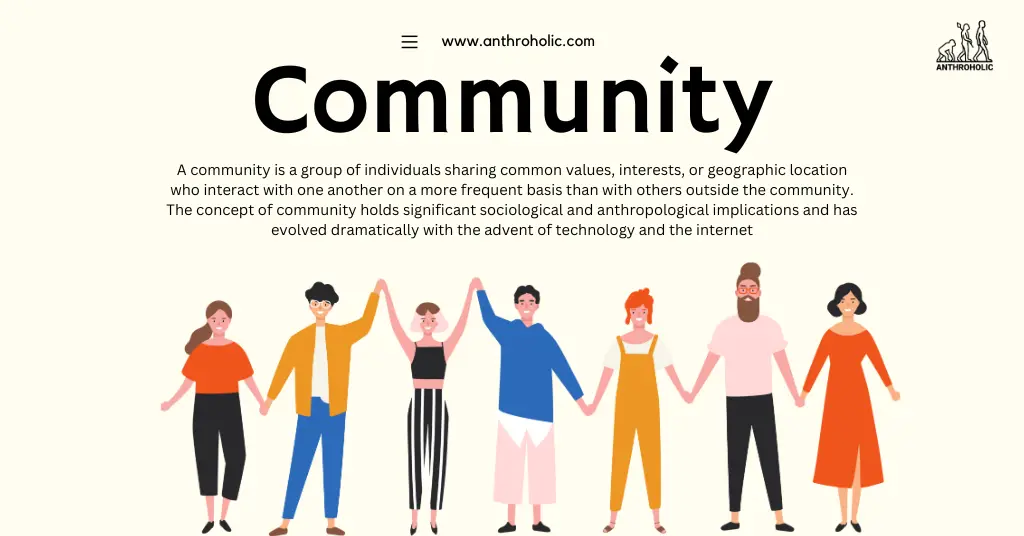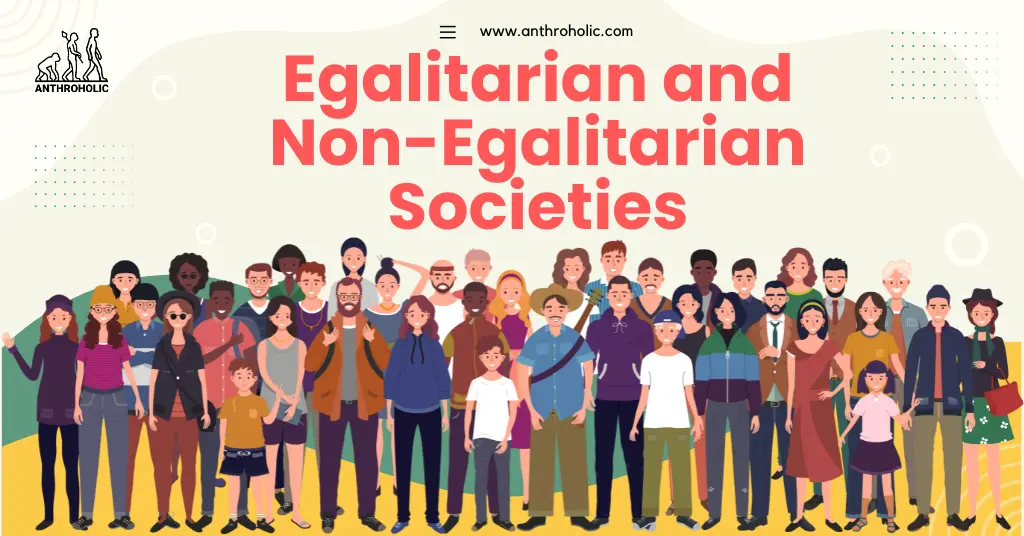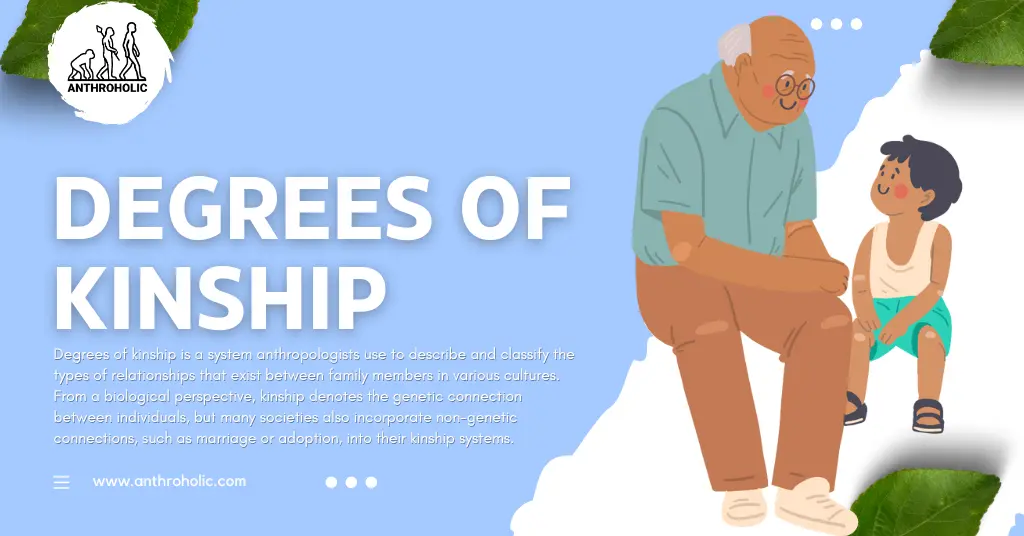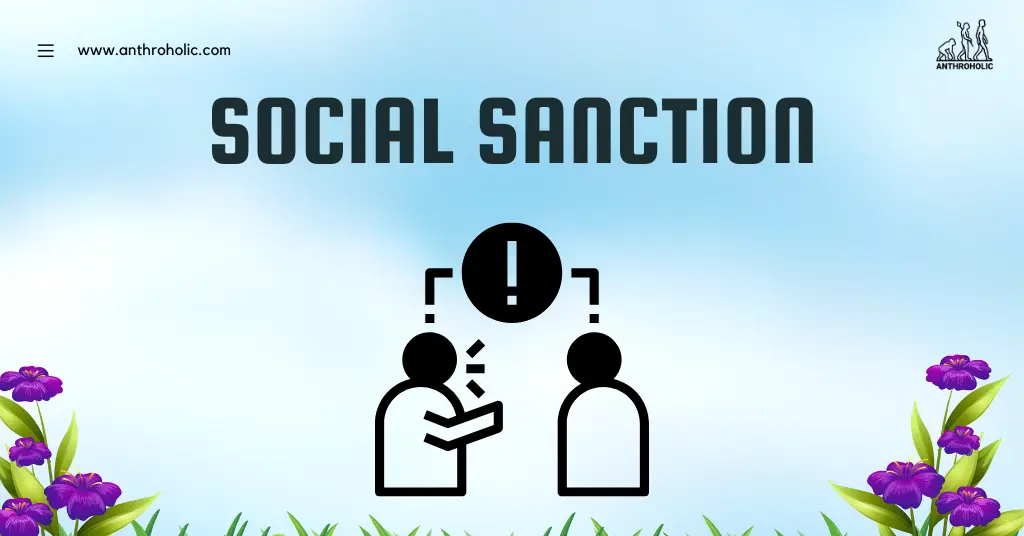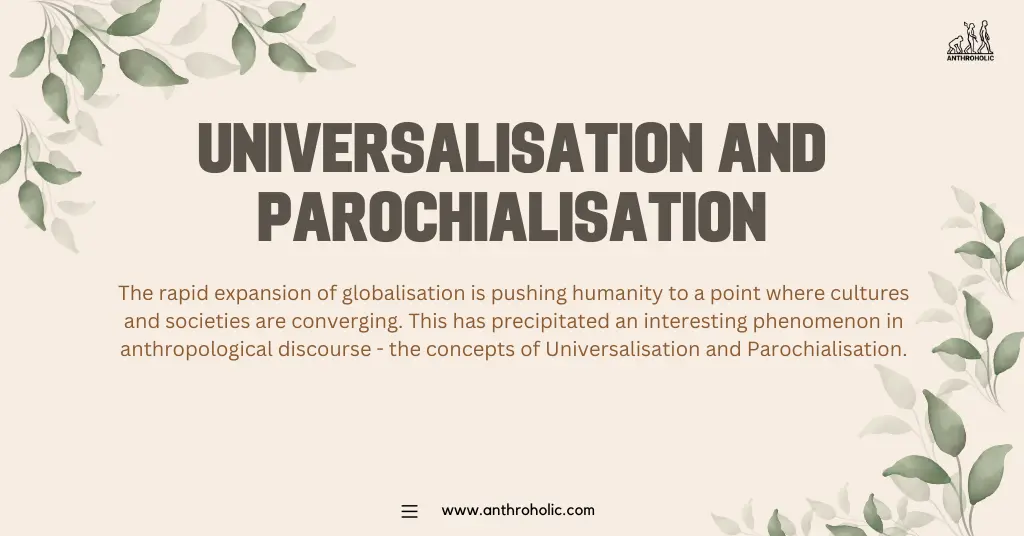AI Answer Evaluation Platform Live Now. Try Free Answer Evaluation Now
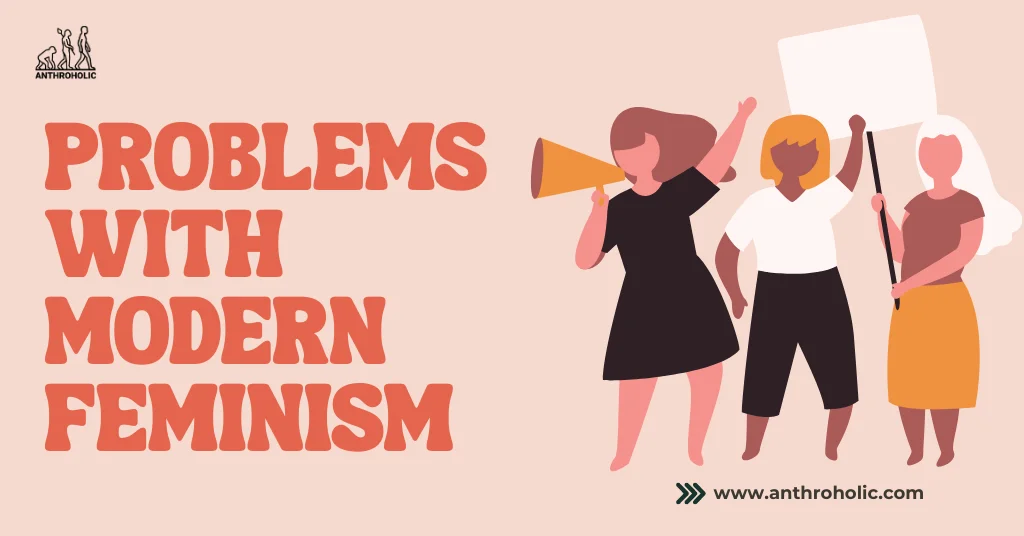
Problems with Modern Feminism
Modern feminism has a lot of detractors and problems to name a few. Some people give the opinion that it is overly concerned with identity politics and that it is dividing rather than unifying people while others assert that it is too derogatory towards men and is fostering an atmosphere of hostility.
